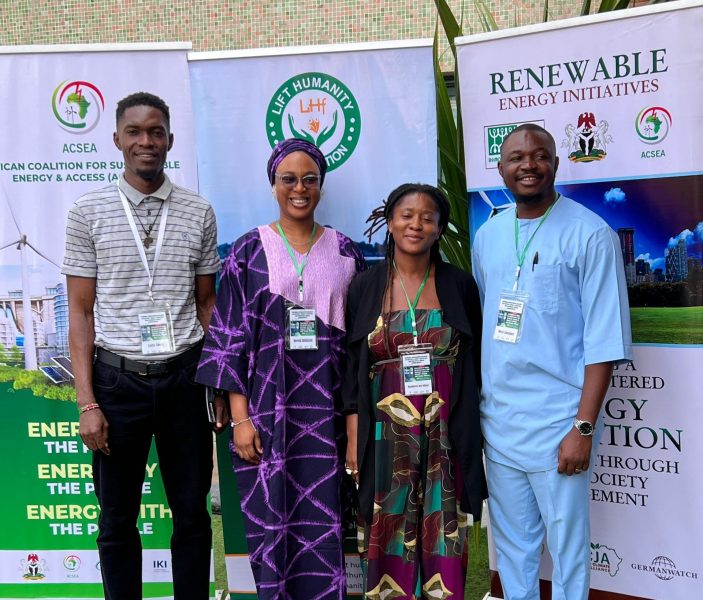With over 85 million Nigerians living without access to reliable energy, the African Coalition for Sustainable Energy & Access (ACSEA) has urged the government to prioritise policy implementation and awareness raising to address this issue.

ACSEA’s advice is especially important considering that energy inequality in Nigeria has resulted in over 70% of the population using firewood as a cooking fuel, a practice that kills over 93,000 people each year.
“We believe that an equitable energy transition is possible when communities are actively involved, and decision-making processes are transparent and inclusive,” Pius Oko, the country project lead for ACSEA, stated.
Oko, who made the statement while addressing some participants in Abuja on Friday, February 14, 2025, during the national consultative dialogue on Nigeria’s Energy Transition and Renewable Energy Commitments, hosted by ACSEA, Lift Humanity Foundation (LHF), and Ecosteward and Humanitarian Foundation (EHF), drew attention to two key vital instruments – the Nigeria’s Climate Change Act (CCA 2021) and the Energy Transition Plan (ETP) – that capture the nation’s vision and outline strategic actions to achieve its climate ambition.
According to him, while the CCA 2021 provides a legal framework for climate resilience, carbon budgeting, and transitioning to a low-carbon economy, the ETP, on the other hand, outlines a plan to realise net-zero emissions by 2060 and increase renewable energy access.
Now, the question is: why is energy inequality still present and expanding in the country?
The attempt to provide answers to this question inspired ACSEA and her partners to bring together stakeholders to brainstorm on Nigeria’s responsiveness and come up with a strategic action plan to bridge the gaps.
At the conclusion of the exercise, five major factors were found to be the cause of the issue: inadequate accountability and enforcement, which impedes progress on carbon budgeting and emission reduction; and the limited participation of grassroots communities, especially women and young people, in the formulation and implementation of policies.
Other issues include the nation’s excessive reliance on fossil fuels (oil makes up more than 90% of export revenue), a lack of investment in infrastructure and capacity building for renewable energy, and conflicting laws that encourage the growth of fossil fuels.
Nweze Emmanuel Obinna, the Programme Director of Ecosteward and Humanitarian Foundation (EHF), believes that Nigeria must put aside its rhetoric about policy and begin taking practical steps in order to overcome this setback.
“For a truly sustainable and equitable energy future, we must close policy gaps, enhance accountability, and involve local communities, women, and youth in decision-making processes,” he said during his remarks at the conference.
As a result, the EHF programme director tasked the government and other relevant stakeholders to take immediate and deliberate action to promote the implementation of climate-smart and socially inclusive energy policies that benefit all Nigerians.
By Etta Michael Bisong, Abuja
